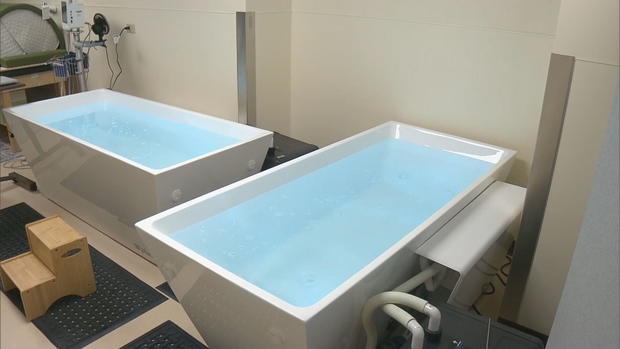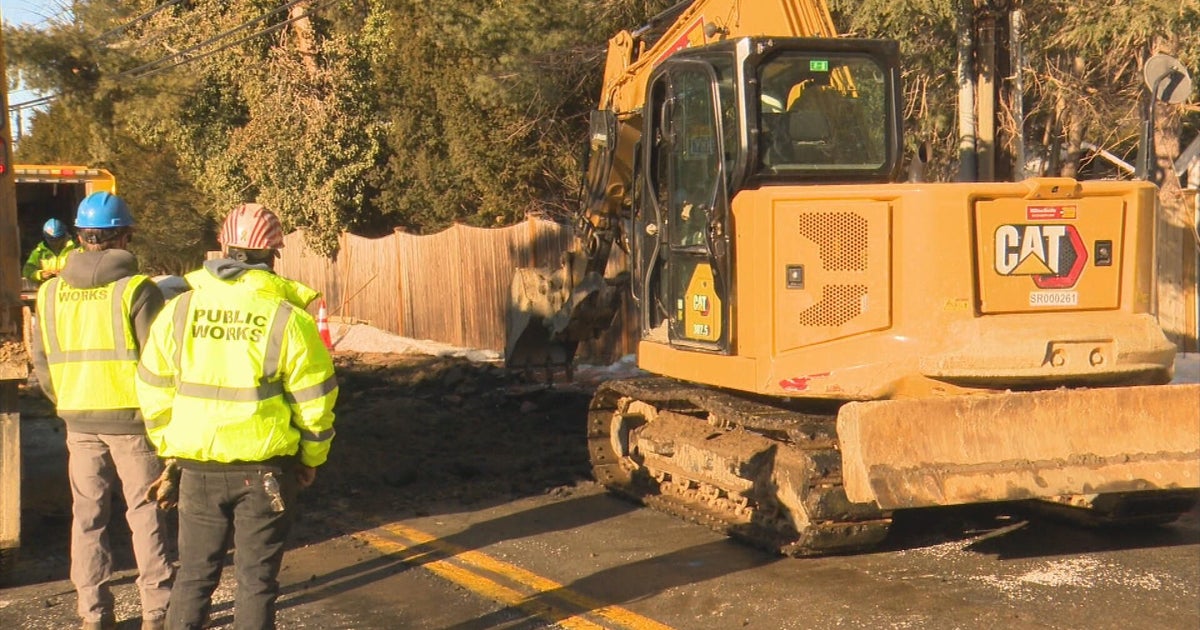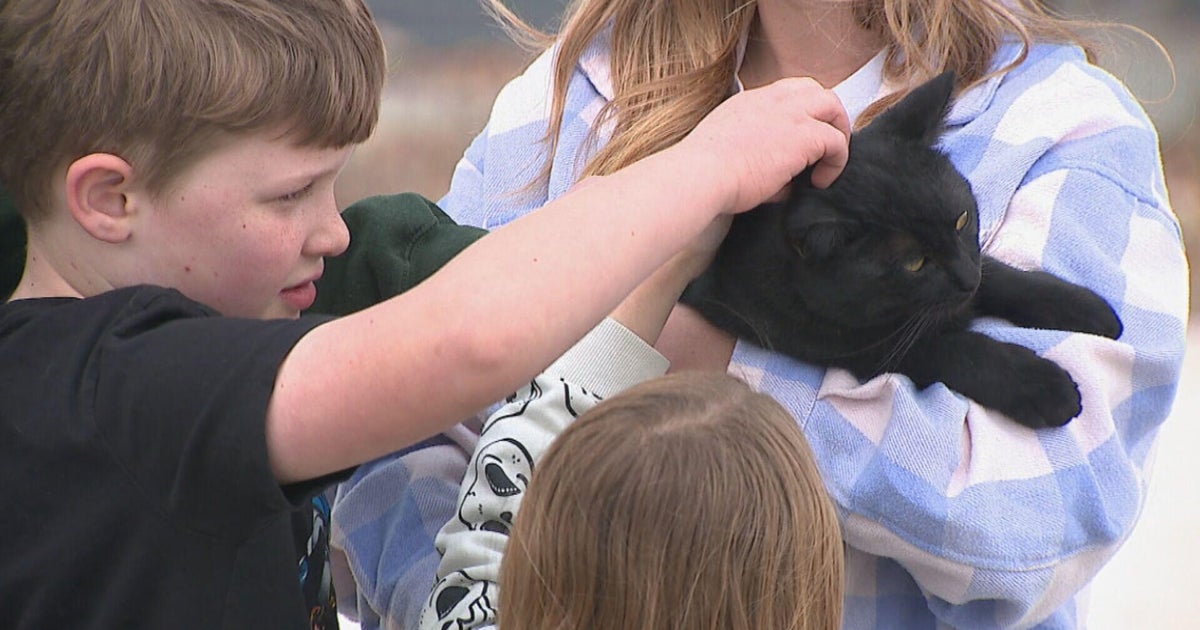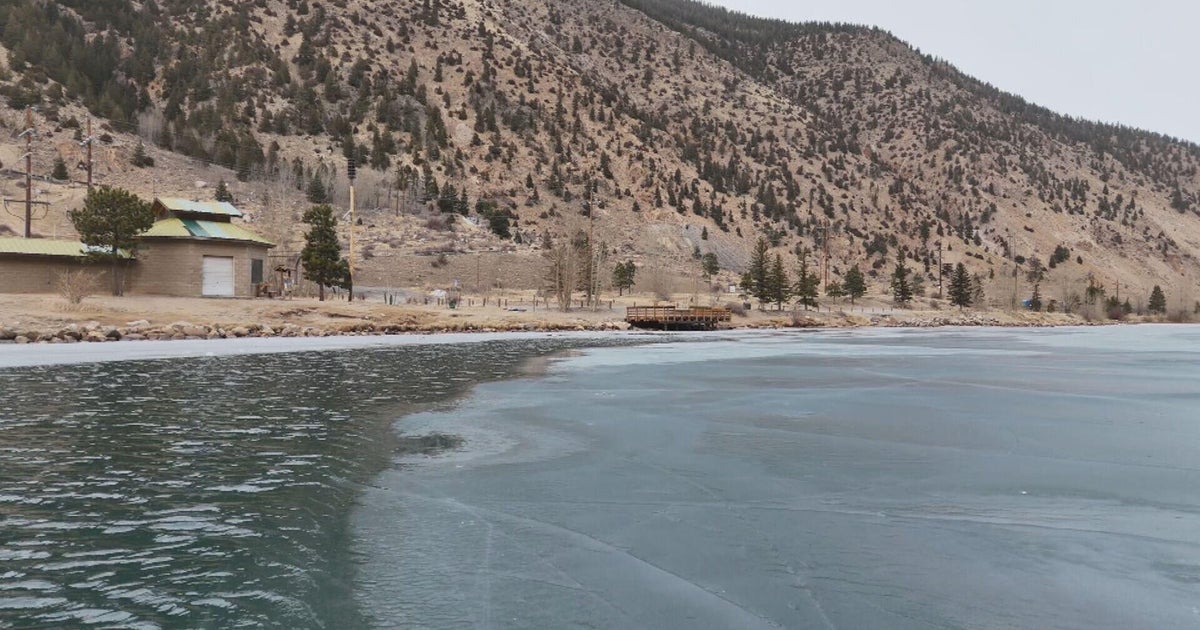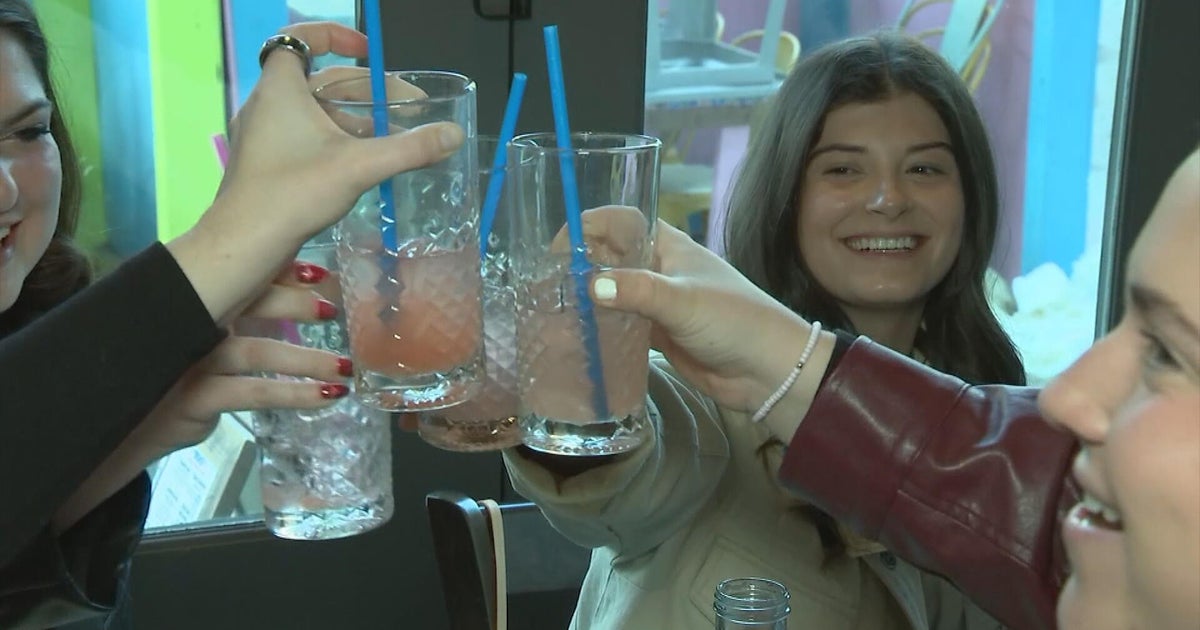"CHILLD" study looking for volunteers suffering from depression in Colorado
You've likely seen social media influencers or even your friends or family talk about the benefits to submerging themselves into really cold water, sometimes right after sitting in a sauna. Some people who do this report feeling more energized, or feeling their mood lift.
Vail Health is now trying to determine just how much of a boost a big temperature swing could have for people suffering from depression.
It's the mission of the C.H.I.L.L.D. study, "which stands for Cold and Heat Investigation to Lower Levels of Depression," explained Chloe Sorensen, Clinical Research Supervisor of the Vail Health Behavior Health Innovation Center.
"We are looking for adults with depression they have to be between the ages of 18-65," Sorensen said. "They do not have to be an existing Vail Health patient, they can be anybody from the local community who is willing to come in and try it."
"It" is jumping into an infrared sauna, heating up to 101.3 degrees Fahrenheit, then (depending on which trial they get) jumping into a cold plunge tub, sitting around 49 degrees Fahrenheit. That massive temperature swing is critical.
"People with depression have a kind of different thermoregulatory capacity," Sorensen said. "The way that your body uses temperature is a little different, this treatment kinda shocks that system. That may be one of the reasons it works."
While this is the first study of its kind, the idea of a hot-to-cold swing is not new.
"There has been a ton of anecdotal evidence from countries like Finland where sauna use is very widely practiced," Sorensen explained. "People will sit in the sauna with their friends then they will jump in a cold lake. This is trying to emulate that effect and figure out from a science perspective what the effects on the body and especially depression and wellbeing that that treatment has."
While not all depression is the same, the study is trying to account for that. They will include data on people using anti-depressant drugs, and data on people not using them. Some test subjects will get the cold plunge, some will not.
"I think different things work for different people," Sorensen said. "One of the main goals of this study is to find out who this actually works for."
Stamped CHILLD Flyer 2.0 by CBS News Colorado on Scribd

